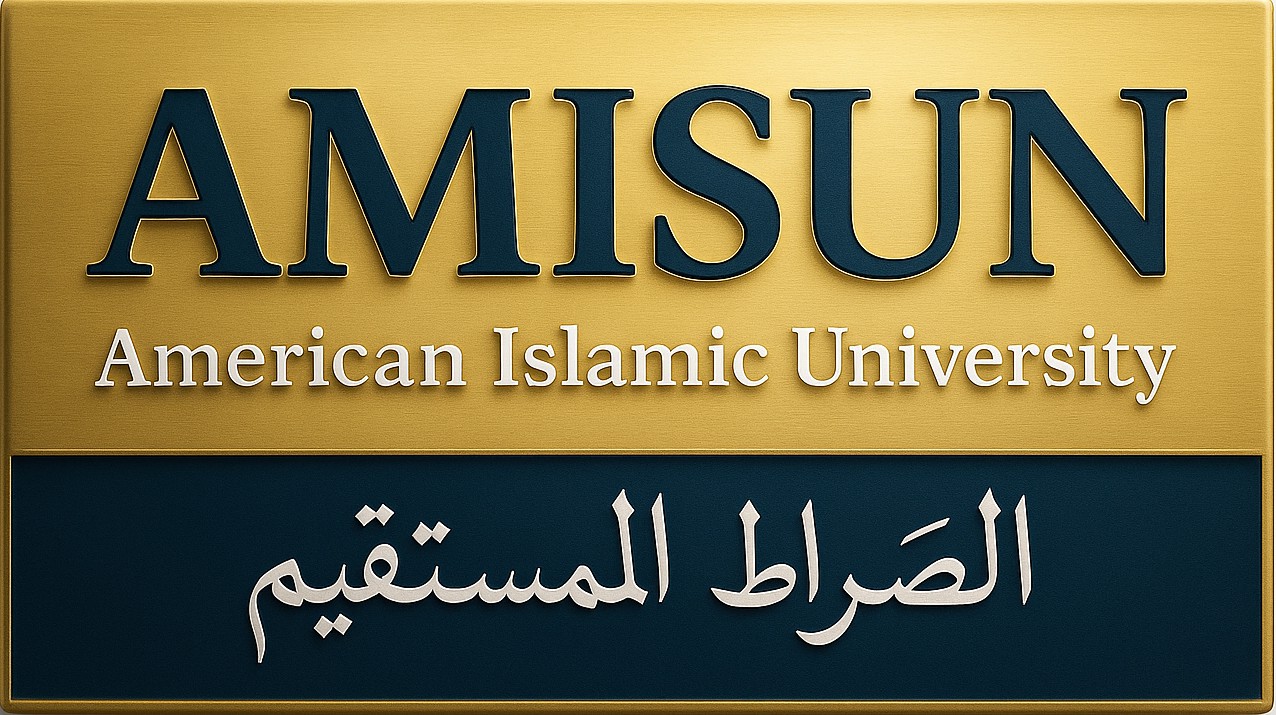From Caliphate Models to Menecracy — Exploring Ethical and Futuristic Governance
The Faculty of Islamic Political Science & Governance examines the evolution of Islamic governance from early Caliphate structures to emerging futuristic systems such as Menecracy. It provides an academic platform to explore justice, leadership ethics, and participatory governance through both classical and contemporary lenses.
Academic Mission
This faculty integrates the moral foundations of Islamic political thought with the analytical tools of modern political science. Students investigate how prophetic models, the Rightly Guided Caliphate, and subsequent governance traditions can inform modern institutions and policy systems guided by ethics, equity, and human dignity.
Departments and Programs
- Department of Islamic Political Thought: Studies classical theories of governance and leadership within Qur’anic and Prophetic frameworks.
- Department of Comparative Governance: Examines Islamic, democratic, socialist, and monarchical systems to identify principles of justice and public accountability.
- Department of Public Policy & Menecratic Studies: Explores ethical leadership and futuristic governance concepts inspired by the Menecracy model of human-centered power distribution.
- Graduate Research Program: Conducts multidisciplinary studies in governance ethics, policy reform, and statecraft in the 21st century.
Core Objectives
- To produce policymakers who uphold the principles of justice, consultation (shura), and stewardship.
- To critically examine Islamic and global governance models for practical ethical application.
- To advance scholarly debate on futuristic systems like Menecracy and their relevance in global peacebuilding.
Vision
To become a leading institution for the study of ethical governance — linking the wisdom of Islamic political heritage with forward-looking models that ensure fairness, accountability, and prosperity for all.
